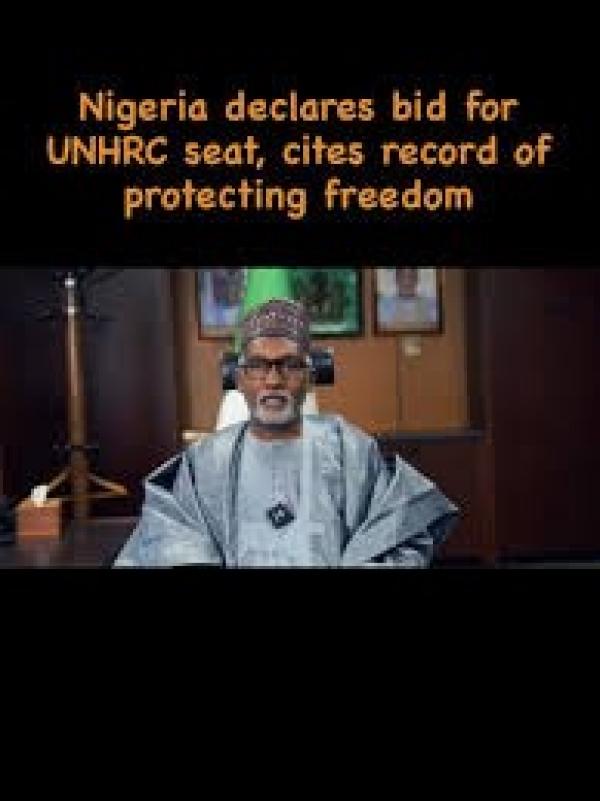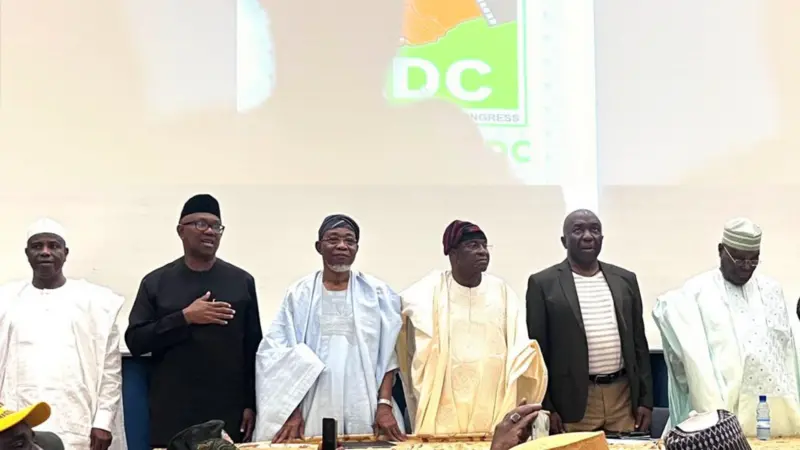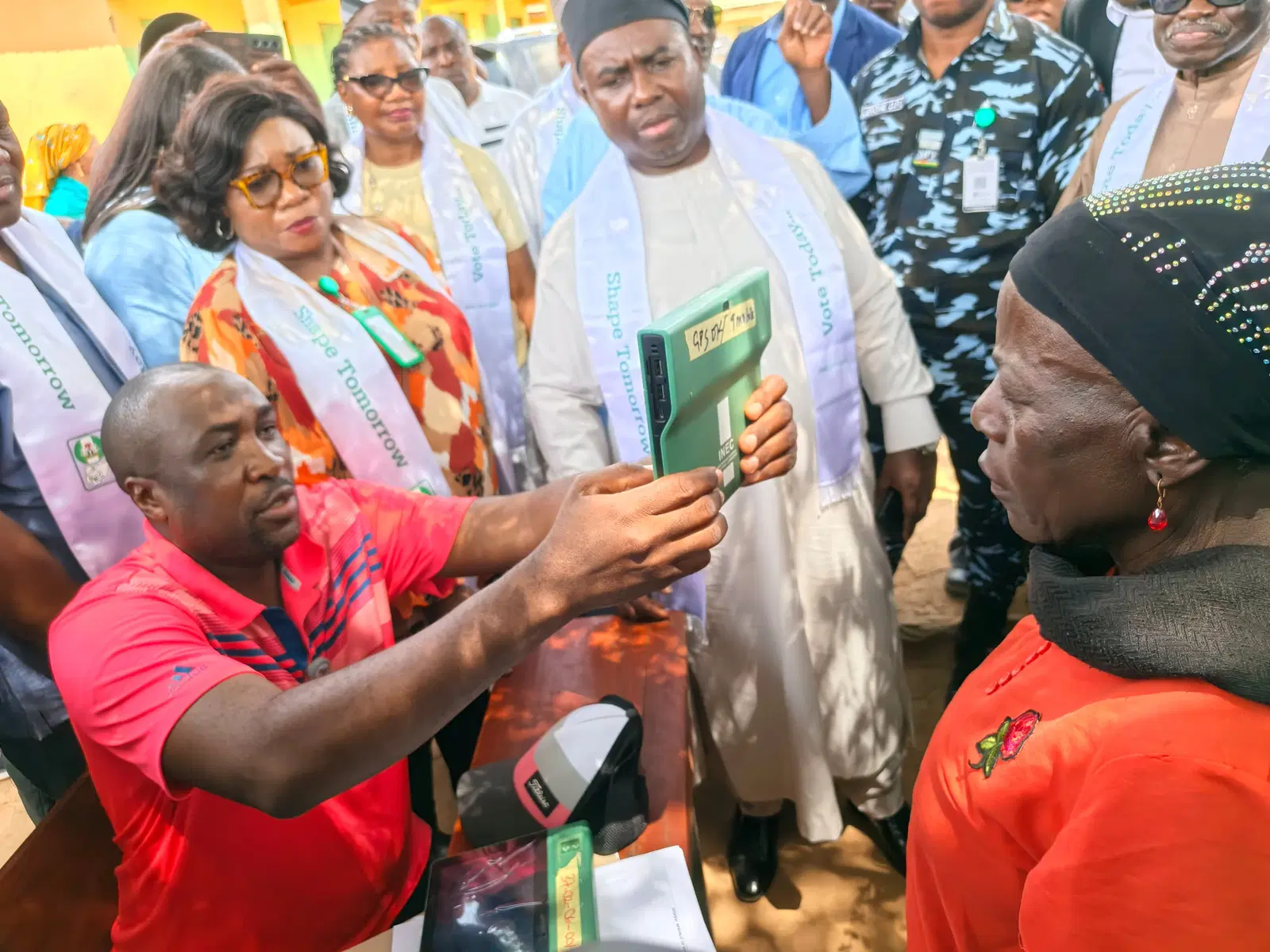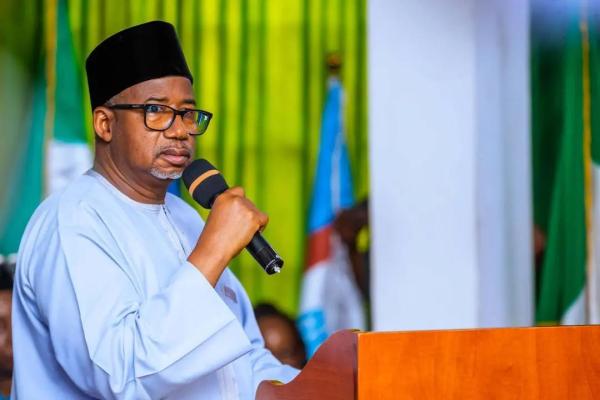
Minister of Power, Works and Housing, Mr Babatunde Fashola
Minister of Power, Works and Housing, Mr Babatunde Fashola, on Thursday, said whereas it is the responsibility of his ministry to develop some of the critical infrastructure needed to support the country’s growth in collaboration with his colleagues in other ministries, it, however, was not enough to just talk.
“We have talked enough, the time to start making decisions has since come upon us,” he said.
Fashola, while speaking in Abuja at the regional meeting, in preparation for the third United Nations Conference on Housing and Sustainable Urban Development, the HABITAT III Conference, stated that “Africans must first define what quality and standard of life they want for themselves,” adding that “we must set those standards. Nobody can do that for us.”
The minister noted that there were universal minimum standards for things like road traffic and healthcare, which should be embraced, but said Africans needed to consider how to define the maximum standards achievable, not minimum.
“One of the key solutions to creating sustainable cities and urban areas should happen hundreds of miles away from the city in the rural areas.
“We need to see agriculture and farming as tools for sustainable urbanisation - essential for cities and towns to evolve properly. After all, it’s the people in rural area that will produce the food that the people in the city will eat. Rural areas need to be supported.
“Our farmers need to be encouraged and supported to stay and grow food, employ local people and provide food security for all. The best investment in public goods, including public health, education and infrastructure has traditionally been around the cities and the big towns. Let’s take a closer look at that, and turn it around,” he said.
President Muhammadu Buhari, according to him, had left no one in doubt about his commitment to agriculture, not only to diversify the economy, but to take the real economy to those who had struggled on the margins of the society and headed for the urban centres.
“I would like to finally call on all of us as Africans to use the opportunity to work more closely together. African cities are our cities, so it’s up to us to lead the way in defining the future for them.
“No progress happens in a vacuum, so we all need the support of the international community in our quest for development. As Africans, we must work together to understand our common challenges, so that we can better collaborate with our partners from around the world.
“As we seek the support of the international community, it seems that there can be no better forum to speak about the need to reinforce, support and increase the capacity of the UN-Habitat as an institution that provides technical support to all of us, to develop in the way we have chosen rather than in the way that is chosen for us,” he said.





















